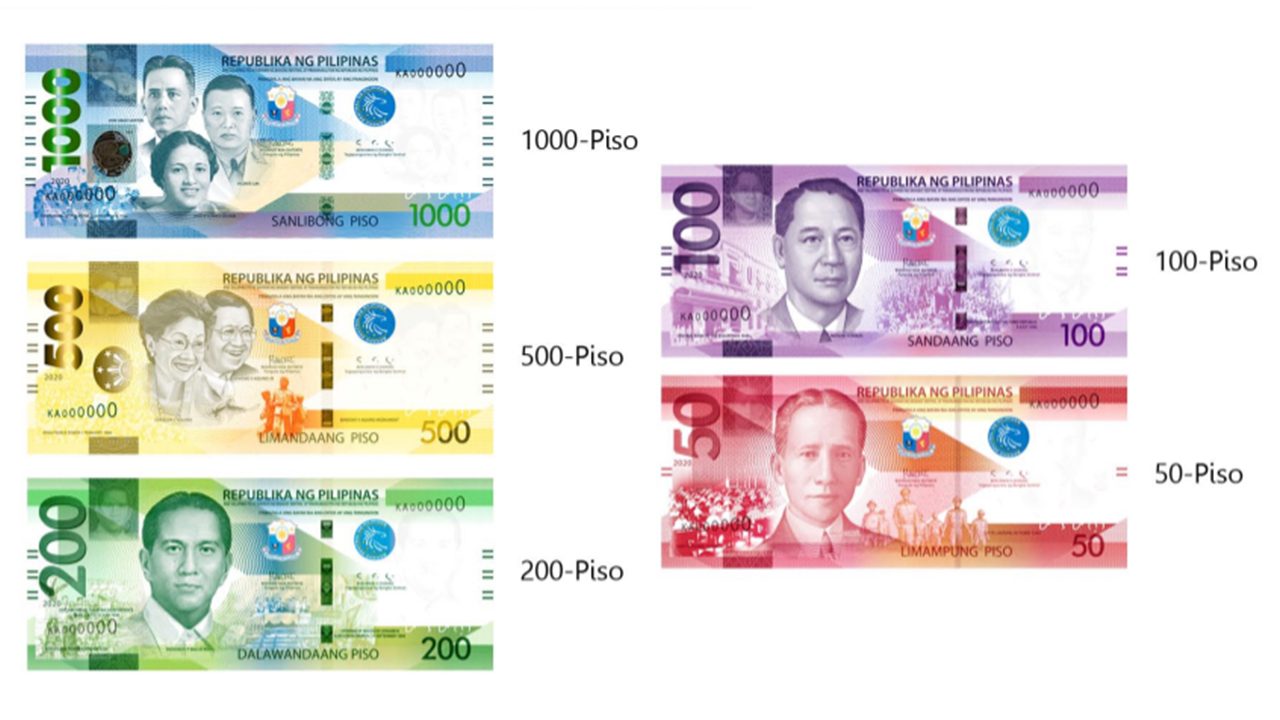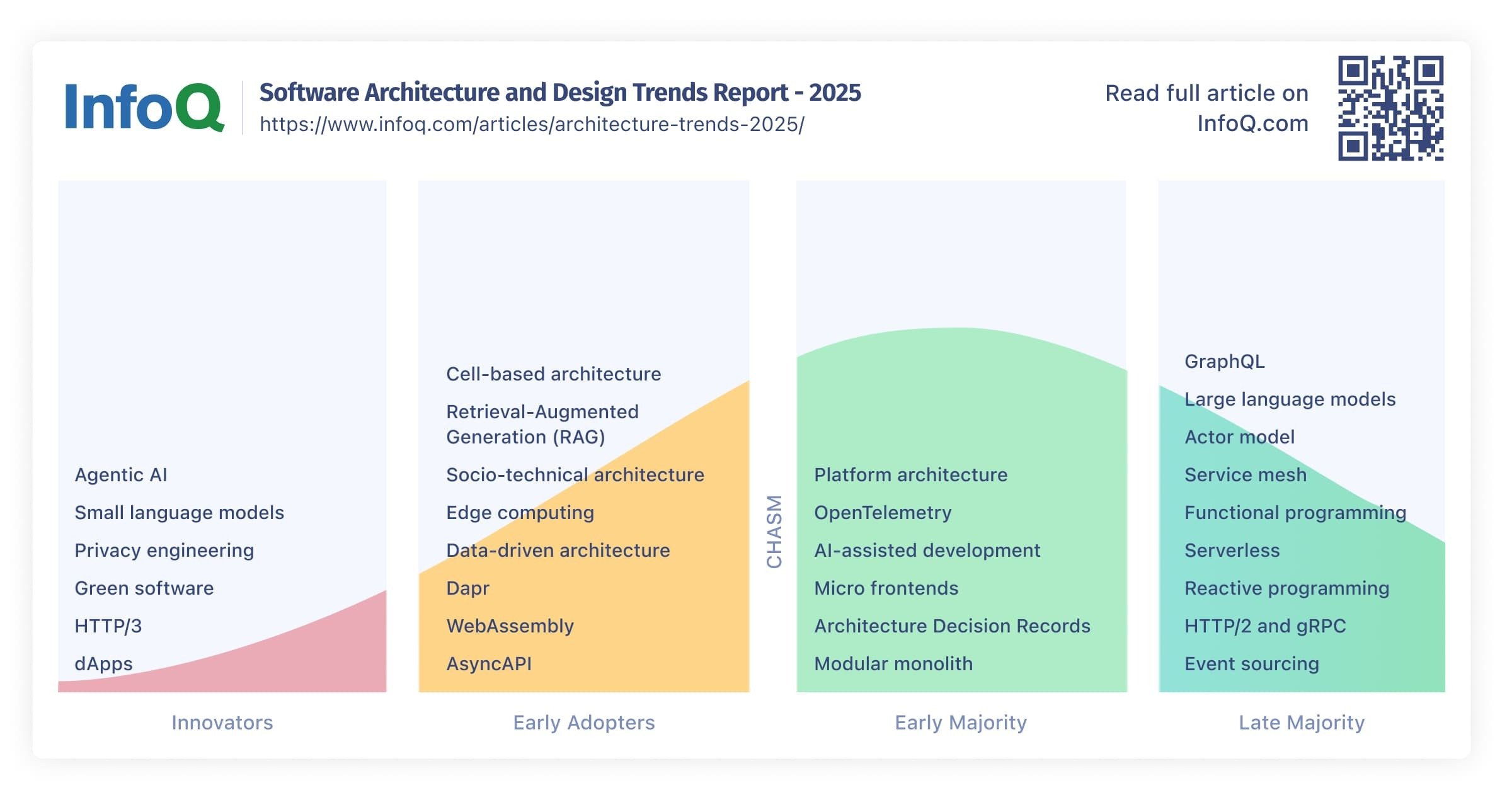
07 Nov, 2025
2 min read
Ex-Finance Chief Advocates Periodic Demonetization to Combat Cash-Driven Corruption
Former Finance Secretary Cesar Purisima has called on the Bangko Sentral ng Pilipinas (BSP) to adopt a policy of periodic demonetization of large-denomination currency, including the ₱1,000 bill, as a strategic measure to combat corruption fueled by cash transactions.
Purisima highlighted that recent corruption incidents involving the Department of Public Works and Highways (DPWH) demonstrate how untraceable cash payments facilitate bribes and kickbacks. "Cash thrives in corruption because it is untraceable, untaxed, and operates outside regulators' visibility," he explained.
Drawing parallels with international practices, Purisima pointed to countries like Singapore and Switzerland, where banknotes are routinely withdrawn from circulation every seven to ten years. This approach helps eliminate hidden illicit funds and reduces the volume of untraceable cash in the economy.
He emphasized that everyday citizens seldom handle large sums of cash, stressing, "It is the politically connected and illicit actors who benefit from unrestricted cash usage."
Beyond demonetization, Purisima recommended accompanying reforms such as capping high-value cash transactions, enforcing mandatory reporting of bank withdrawals exceeding $10,000, and accelerating the transition to digital payment systems—especially in public procurement and infrastructure sectors.
"The DPWH scandal should serve as a catalyst for change. Limiting cash transaction amounts, enforcing withdrawal disclosures, reducing high-value denominations, and instituting periodic demonetization are not extreme measures but well-established global strategies against corruption," Purisima stated.
Recommended For You

China Sets Ambitious 2035 Climate Goals Amid Global Emission Debates at UN Summit
Nov 07, 2025
Apolinario Tiamzon

Flooding Disrupts Transportation in Calasiao, Pangasinan Amid Bridge Construction
Nov 07, 2025
Apolinario Tiamzon

DOJ Receives Sexual Assault and Lasciviousness Complaints Against Marikina Lawmaker
Nov 07, 2025
Delfin Carreon

United Architects of the Philippines Calls Out Misuse of "Architect" Amid Corruption Allegations
Nov 07, 2025
Visitacion Quibuyen
